A guide to fishing licences in 2025
Whether you want to become a new angler or you’ve been fishing for years, you will be required to obtain the Environment Agency Rod Licence. In this article we explain what you’ll need if you want to go fishing in 2025.
Environment Agency Rod Licence Explained
Whether you are new to fishing or a seasoned angler, understanding what sort of licence you need and how much they costs can be a little tricky. In this guide we try to explain the most common questions and queries around rod licences and fishing in the UK. In this article, we look at;
- Who needs an Environment Agency rod licence
- What type of licence do you require
- How much does a rod licence cost
- What are the penalties for being caught fishing without a licence
- Who is eligible for a discounted price licence
- What the Environment Agency does with the money it receives from the sale of rod licences.
Who needs to take out a Rod Licence?
Everybody over the age of 13 who wants to go fishing for salmon, trout, freshwater fish, smelt or eels with a rod and line in England and Wales must first obtain an Environment Agency Rod Licence. The only exceptions are when fishing the River Tweed. You also need a licence when fishing the Border Esk region including parts of rivers that flow in Scotland.
Do children need a rod licence?
Children under the age of 13 do not need an Environment Agency rod licence and whilst licences for youngsters between the ages of 13 and 16 are free of charge, they still need to apply for and obtain a Junior Licence.
Do you need a rod licence for spod and marker rods?
No. The licences are only applicable to rods used for landing fish and are not needed for spod rods or marker rods.
Can I fish anywhere when I have a rod licence?
No. An Environment Agency Rod Licence only entitles you to go fishing. In addition to having purchased an EA licence, anglers must then pay whatever fee is required by land owners and the owners of individual venues such as commercial coarse fisheries, angling clubs or those who allow fishing on their lakes, ponds, canals and stretches of the river. Anglers who go sea fishing do not require an Environment Agency licence.
When can I go fishing – is there a close season?
Anglers are not allowed to go fishing on rivers, streams and drains as well as most stillwaters which are classed as Sites of Special Scientific Interest, some canals and most of the Norfolk and Suffolk Broads between March 15 and June 15 each year – this is what is known as the closed season. Anglers can start fishing these waters again on June 16, which is why this date became known as ‘The Glorious 16th’.
There is no close season for coarse fishing on most ‘landlocked’ stillwaters such as commercial coarse fisheries, lakes, reservoirs, ponds and most canals which are not classed as canalised rivers, so these can be fished all year round.
How do I get a fishing rod licence?
The quickest and easiest way to purchase your rod licence is through the Government website. Although Post Offices have traditionally sold rod licences, from January 2023 anglers have had to purchase their licences online or through the EA’s telesales service number on 0344 800 5386 from 8.00am to 6.00pm Monday to Friday except on public holidays. Please note that call charges may apply depending on service providers.
When does a fishing licence expire?
When you buy a fishing licence you can select what time and day you want it to become operational. When you take out a one-day or eight-day licence the time it expires will be shown on the licence. Although annual rod licences used to run from April 1 until March 31 the following year, this has been changed and 12-month rod licences are now valid for 12 months from the time and day they are taken out.
The penalties for fishing without a licence can be severe
The penalties for being found to be fishing without a licence can be severe – you can be fined up to £2,500 under Section 27(1)(a) of the Salmon and Freshwater Fisheries Act, 1975. You also need to be able to prove you have a licence when asked by an authorised person – so make sure you take a print out of your licence with you every time you go fishing or be able to prove that you have purchased one.
It should also be noted that an Environment Agency Rod Licence only entitles you to go fishing with a rod and line – you must also obtain permission from the person who owns the water you want to fish whether it be a local farmer who owns a pond or stretch of river or the owner of a commercial coarse fishery where you will need to purchase a day ticket.
What type of licence do you require?
Environment Agency Rod Licences come in different categories depending on the type of fishing you are doing and how often you expect to go fishing. They can be purchased to cover you for just one day, eight days or a year.
The licence is also broken down into the type of fishing you intend to do. Probably the most common form of licence is the Trout and Coarse Fish and eel licence which covers anglers who fish for coarse fish such as carp, roach, bream, and perch as well as those who want to fish for non-migratory trout in rivers and Stillwater trout fisheries. If you plan to fish commercial coarse fisheries, local lakes and ponds or lakes and rivers run by angling clubs this is most probably the licence you need. However, if you want to fish for salmon and sea trout you will need the more expensive Salmon and sea trout licence.
Trout, coarse fish and eel licence
Perhaps the most common licence taken out by anglers is the Trout, coarse fish and eel licence. This covers anglers to fish for non-migratory trout – those which don’t swim out to sea such as brown trout and rainbow trout – as well as coarse fish such as carp, roach, and bream as well as for eels. This is the most popular licence which is taken out by anglers who fish commercial coarse fisheries.
This type of licence entitles an angler to fish with one rod for non-migratory trout in rivers, streams, canals and drains and to fish with up to two rods for non-migratory trout and freshwater fish in reservoirs, lakes and ponds. Anglers can also purchase a full-year licence which entitles them to fish with three rods at any one time.
How much does a trout and coarse fish rod licence cost?
At the time of writing a one-day trout, coarse fish and eel licence costs £7.30 whilst the eight-day licence costs £14.70 and a 12-month licence costs £36.80. Although one-day and eight-day licences are not available for three rods a 12-month three-rod licence currently costs £55.30
Whilst children under 13 don’t need a licence, juniors aged between 13 and 16 must obtain a licence although these are free of charge. There are also concessions for anglers over 66 and for disabled anglers where the 12-month two-rod licence costs £24.50 and the three rod licence £36.80. You can buy a licence up to 30 days before you want it to start. There are no concessionary prices for a one or eight day licences.
Please do check the Government website for the latest prices
Salmon and sea trout licence
If you’re after salmon or sea trout, you will need an Environment Agency Salmon and sea trout licence which allows you to fish for salmon, and sea trout as well as non-migratory trout and freshwater fish that are covered by the Trout and coarse fish licence detailed above.
This licence enables you to fish – again with the permission of the fishery owner – with one rod for salmon, sea trout and non-migratory trout in rivers, streams and canals; with up to two rods for salmon, sea trout and non-migratory trout in reservoirs, lakes and ponds or with up to three rods for freshwater fish
Anglers who take out a Salmon and sea trout licence are also required to complete a Catch and Return form every year even if they did not fish or did not catch any fish. To complete the return anglers will need their fishing licence number, Postcode, details of the rivers they fished, the number of days they fished before and after June 16, the species of fish they caught, details of how they caught the fish, how many fish they released and the weight of all fish caught.
Anglers should note that the venue where they fish may have additional rules about how many rods can be used and which techniques, lures and baits are allowed.
How much does a Salmon and sea trout rod licence cost?
At the time of writing, a one-day Salmon and sea trout licence cost £13.20, an eight-day licence £29.70 and a one-year licence £90.40. Again there is a concessionary rate of £60.20 for anglers aged over 66 and for disabled anglers whilst 13 to 16 year old anglers still need to take out a licence although again these are free of charge. There is no discounted price for either the one-day or eight-day licence. Please do check the Government website for the latest prices
Are you entitled to a disabled licence?
Disabled anglers can receive a concessionary licence if they have a Blue Badge or are in receipt of the Disability Living Allowance or any rate of Personal Independence Payment. Disabled anglers under the age of 16 can also choose to have the fact that they are disabled noted on their Junior rod licence as this may help them to prove that they are entitled to discounts or assisted access at fisheries. To have their details noted they should give their Blue Badge, National Insurance number or their child reference number if they are under 16 years old when they apply for their licence.
What if you want to extend the period of your licence?
Anglers who decide they want to extend their one-day or eight-day licence to a full 12-month licence can do so by telephoning the Environment Agency on 0344 800 5386 Monday to Friday between 8.00am and 6.00pm (except for public holidays) within 14 days of purchasing their initial licence. Although you will have to buy a new licence, you will receive a refund for the price of the first one you bought.
What if I don’t receive my 12-month licence?
The Environment Agency says that it can take up to 15 working days for you to receive your licence, although the timescale is usually much shorter. If you haven’t received your licence after 15 days you should either telephone the agency on 03708 506 506 between 8.00am and 6.00pm Monday to Friday or email them at enquiries@environment-agency.gov.uk.
What if I lose my licence or move home?
Anglers should also contact the Environment Agency if they have any questions about their licence or want to replace a lost or stolen licence. In addition, you should contact the Agency to have your details updated if you change your name or address.
What does the Environment Agency do with the money it receives?
The money collected from anglers through the Rod Licence fees is used by the Environment Agency to fund the work it carries out to protect habitats for fish, improve fisheries and support angling as a healthy outdoor sport for anglers of all ages and abilities. It also helps the Agency tackle the problem of illegal fishing.
One of the ways the Agency benefits from angling is through partnerships with other organisations including The Angling Trust, The Rivers Trust, the Get Hooked on Fishing Campaign, The Canal and River Trust, The Angling Trades Association and many others. Together they work to improve our rivers, encourage more people to go fishing and distribute funds to help finance angling-related projects throughout England and Wales.
Do you need a fishing licence for fishing in Scotland?
Anglers who fish anywhere in Scotland apart from the Border Esk region and parts of the River Esk that flow in Scotland do not need an Environment Agency rod licence. However, as with anywhere in England and Wales, you do require the permission of the landowner or angling club which owns the fishing rights.
Do you need a fishing licence for fishing in Northern Ireland?
Anglers who fish in Northern Ireland must carry a rod licence and angling permit which has been issued by a Northern Irish agency. The Northern Ireland system is more complex than that covering England and Wales, and broadly speaking is split into two agencies – DAERA, the Department of Agriculture, Environment and Rural Affairs – and the Loughs Agency. For details of what you need visit the Northern Ireland Direct Government Services website.
In addition to all the above, there are also National and Regional rod fishing Byelaws which cover fishing with rod and line in England, as well as restrictions on the types of tackle, bait and lures which are allowed. This is an extensive area which deserves covering in a future article.
Looking for a place to go fishing with your licence?
Our site contains lots of fishing venues that you could try. Simply head to the Fisheries search page and either search by the map or view the fisheries near you by clicking on your county towards the bottom of the page. You can contact the fishery owners via their own page, either by filling out the form or by calling them. With many of the venues on our site you can just turn up and pay, others require you to book in advance, so it’s worth checking out the detail and getting in touch if you are not sure.
Similar articles
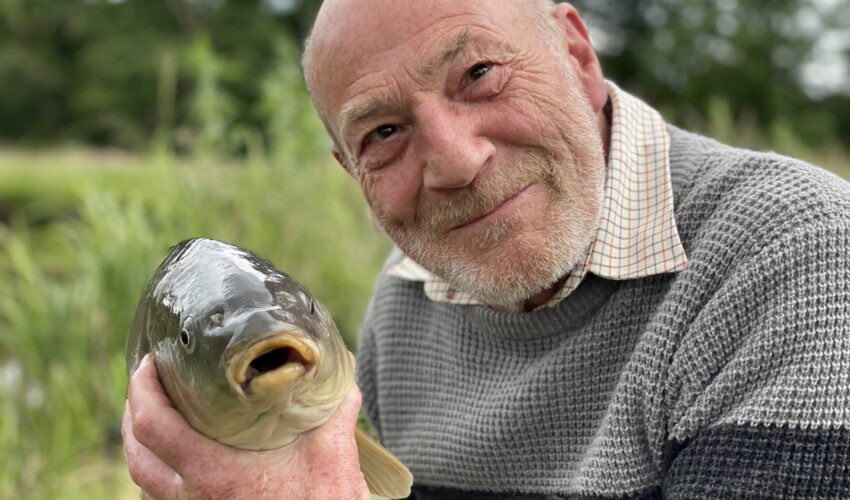
In Memory of Peter Cliff
It is with heavy hearts that we announce the passing of Peter Cliff, the founder of Fisheries.co.uk, who passed away in May 2025. Peter’s vision and dedication transformed what began as an idea 26 years ago into one of the…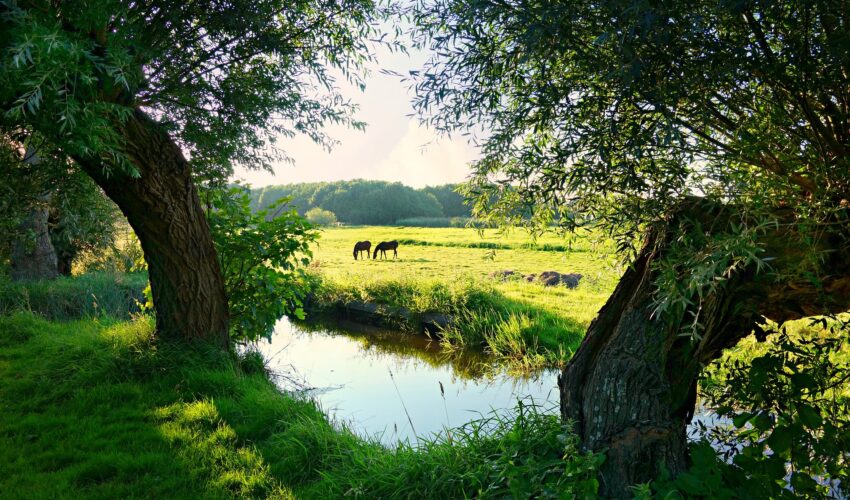
River Fishing – A guide to getting started
Are you thinking of going for a trip to the river in 2025 but find yourself filled with trepidation because you have never fished running water before? Well I want you to relax. Let us take the mysteries out of…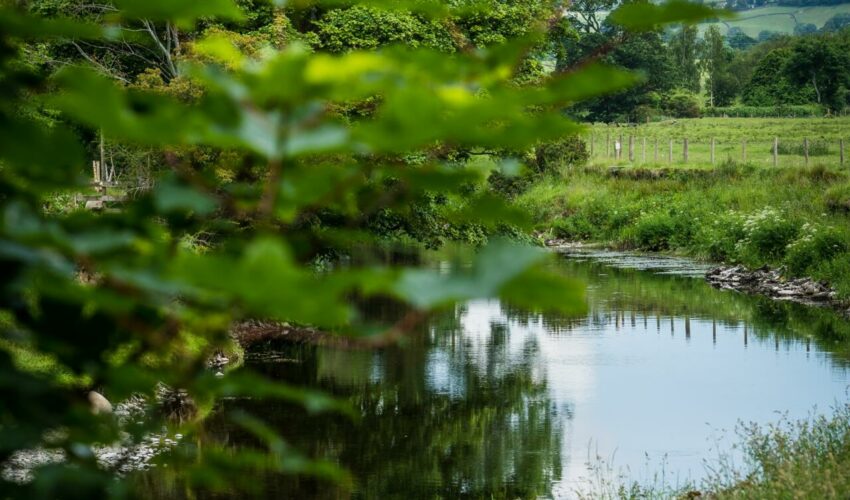
Make the most of the 2025 river season with this in-depth guide to fishing rivers
If you’re new to fishing rivers, or just fancy a change from fishing stillwaters, this guide will help you make the most of the new 2025 river fishing season. With advice on reading the water, what species to fish for…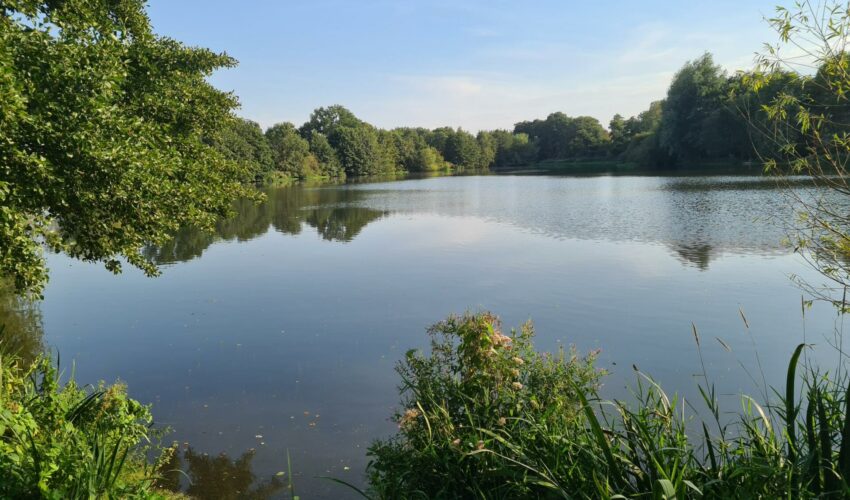
Our guide to fishing this spring (2025)
With the worst of the weather over (we hope!) and with spring finally here, it’s time to clean out that tackle box and get on the bank for some spring time fishing.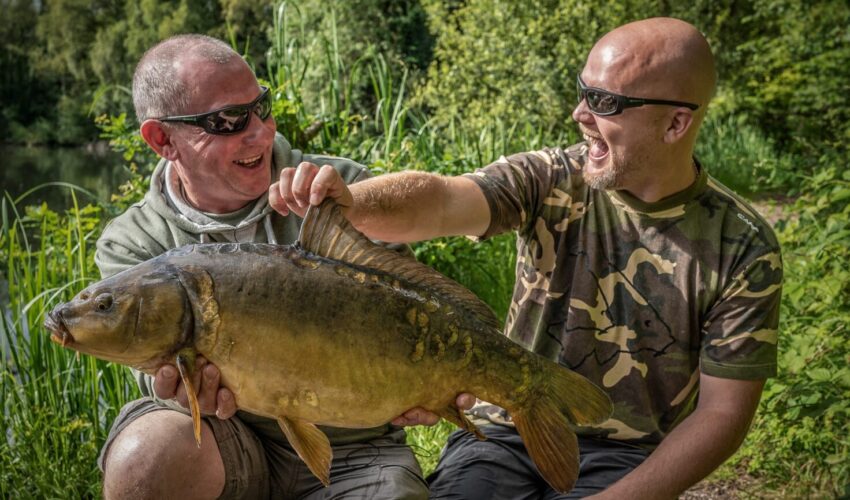
Take a friend fishing
Get ready to hit the water! From April 18th to May 4th, 2025, you can get a free fishing license to take a buddy out and show them what fishing’s all about. Yep, free! It’s all part of the “Take…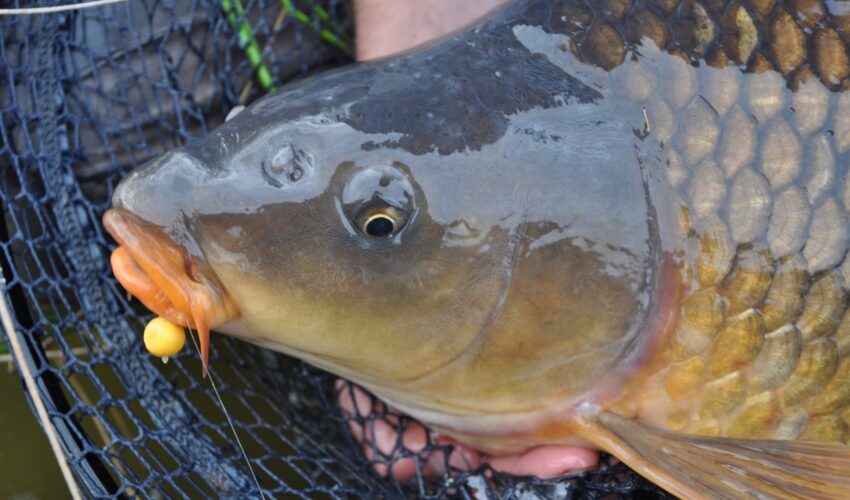
Fishing tips for hard days: How to get more bites
It happens to the best of anglers. Whether conditions are tough, the fish are moody, or our plans simply aren’t working, there are days we struggle. But what can you do to catch fish that seem unwilling to cooperate? There’s…Search by Region or County
Find new places to go fishing in your local area or county by choosing your destination below





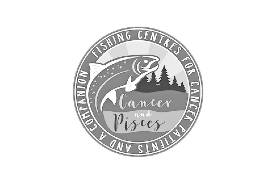




Comments